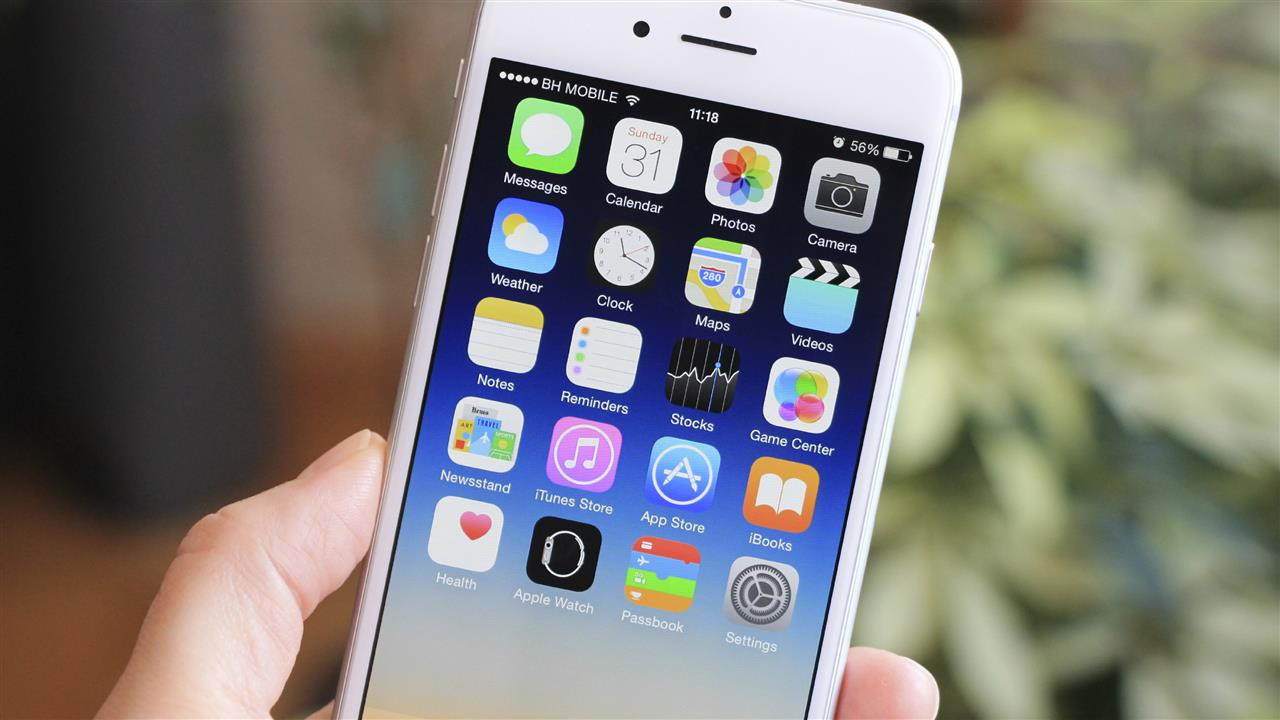Reassuring News: Cellphone Use is Not Linked to Brain Cancer, WHO-Backed Study Finds
Some 63 studies from 1994 to 2022 have been analysed by Australian researchers commissioned by the World Health Organization, and the results are reassuring: there is no link between mobile phone use and brain cancer, or other head and neck cancers, the organization has confirmed.
Led by the Australian Radiation Protection and Nuclear Safety Agency (Arpansa), the systematic review examined more than 5,000 studies, selecting only the most scientifically rigorous and excluding weaker studies. The final analysis included 63 observational studies in humans, published between 1994 and 2022, making it “the most comprehensive review to date”, according to the review lead author, associate prof Ken Karipidis.
The review focused on cancers of the central nervous system (including brain, meninges, pituitary gland and ear), salivary gland tumours and brain tumours. It found no overall association between mobile phone use and cancer, no association with prolonged use (for 10 years or more), and no association with the amount of mobile phone use (the number of calls made or the time spent on the phone).
Concerns Arose from Early Studies, But Latest Review Offers Confidence
“I’m quite confident with our conclusion. And what makes us quite confident is … even though mobile phone use has skyrocketed, brain tumour rates have remained stable,” Karipidis, Arpansa’s health impact assessment assistant director, said. “Radiation is basically energy that travels from one point to another. There are many different types, for example, ultraviolet radiation from the sun,” he said. “We’re always exposed to low-level radio waves in the everyday environment.”
The results from this kind of study design tend to be biased because while the group without the tumour provide good information, the group with the tumour tend to overreport their exposure, Karipidis said.
Based on some of these early studies showing there might be a possible association with brain cancer from mobile phone use against the head for many hours, WHO’s International Agency for Research on Cancer (IARC) designated radio-frequency fields like those from mobile phones as a possible cancer risk.
However, at the time some high-profile doctors such as the Australian neurosurgeon Charlie Teo publicly raised the profile of the IARC’s decision around mobile phones and cancer.
The IARC Classification and Its Impact
The IARC has different classifications of cancer risk, with substances able to be classified as a “definite” carcinogen (such as smoking), or as “probable” or “possible” carcinogens.
By designating radio frequency electromagnetic fields as a possible carcinogen in 2011, the WHO put them on par with hundreds of other agents for which evidence of harm is uncertain, such as aloe vera, pickled vegetables, and working in a dry cleaners.
Despite the IARC classification, Karipidis said many more cohort studies had been published since 2011 which do not rely on people to recall their past exposure. These newer studies, combined with the recent systematic review, provide a more comprehensive picture of the potential risks of cellphone radiation, and offer stronger evidence against a link to brain cancer.
Further Research is Needed to Address Emerging Technologies
“We’re always exposed to low-level radio waves in the everyday environment.” While exposure from mobile phones is still low, it is much higher than exposure from any other wireless technology sources since phones are used close to the head, Karipidis said. The study’s findings are particularly important, as the authors are clear that it’s imperative to continue to research the potential health effects of radio waves as technology continues to advance.
Karipidis and his colleagues are now working on the second part of the study, which will examine cancers less commonly associated with mobile phones, including leukaemia and non-Hodgkin lymphoma. The research will provide a more thorough understanding of the potential health effects of emerging technologies.
The Future of Cellphone Safety and Public Perception
The challenge we now face is making sure this new research counteracts the persistent misconceptions and misinformation out there regarding mobile phones and brain cancer. There remains no evidence of any established health effects from exposures related to mobile phones, and that is a good thing.
This systematic review provides the strongest evidence to date that radio waves from wireless technologies are not a hazard to human health. This news should reassure the public, but it is crucial to continue research on the effects of radio waves and other emerging technologies to ensure that our understanding of their potential impact on health remains current.


















